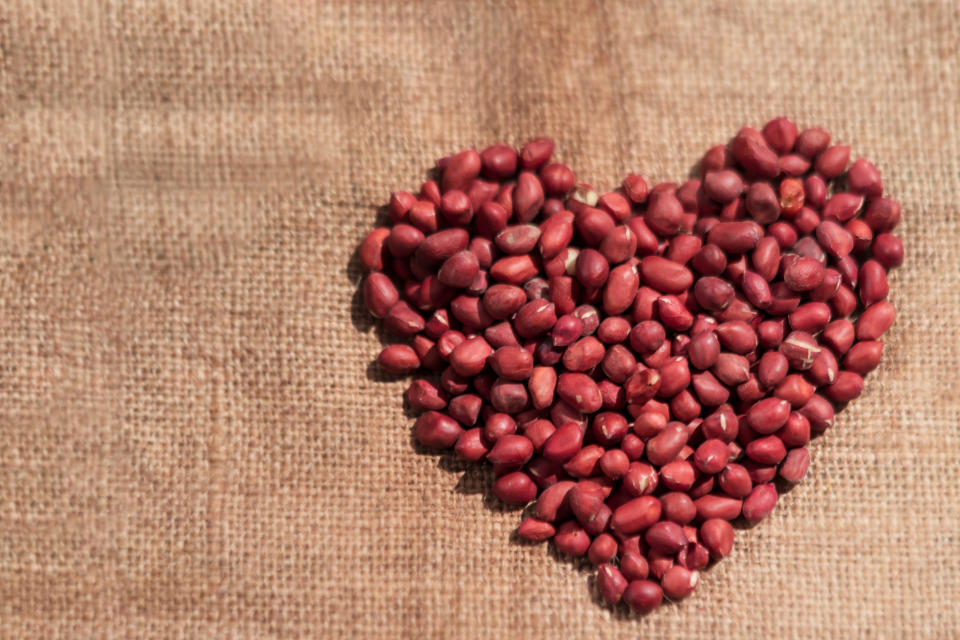Adding peanut skins to milk chocolate makes it healthier, suggests study

Good news for chocoholics – scientists may have discovered a way of making the sweet treat healthier.
Dark chocolate has long been hailed for its antioxidant properties when enjoyed in moderation, but not everyone can get on board with its rich bitter taste.
Read more: Eating chocolate more than once a week wards off heart disease
A team from the American Chemical Society (ACS) found that adding powdered peanut skins to milk chocolate can make the indulgence more antioxidant-rich than dark varieties, without compromising its creamy flavour or light texture.
When given to a team of taste testers, more than half even preferred peanut-skin-enriched milk chocolate to the ones in shops today.

“The idea for this project began with testing different types of agricultural waste for bioactivity, particularly peanut skins,” said lead author Dr Lisa Dean.
“Our initial goal was to extract phenolics [a class of chemicals with antioxidant properties] from the skins and find a way to mix them with food.”
When peanuts are roasted to make nut butter or confectionary, their red papery skins are discarded, leading to thousands of tonnes of waste every year.
While they may not be particularly appetising, peanut skins are made up of 15% phenolic compounds.
Read more: Body 'copes remarkably well' when we overindulge in fatty treats
The scientists ground peanut skins into a powder, before extracting the phenols.
This left behind lignin and cellulose – both substances in plant cell walls – which add roughage to animal feed.
The scientists also extracted phenols from coffee grounds and tea leaves.
The resulting powder was then combined with maltodextrin, a common food additive, to make it easier to incorporate into milk chocolate.
Different products were created, ranging from a 0.1% to 8.1% phenol concentration.
“Phenolics are very bitter, so we had to find some way to mitigate that sensation,” said Dr Dean.
When given to taste testers, the panel found concentrations of more than 0.9% were detectable, affecting the flavour or texture.
Lower concentrations led to a good compromise, however.
Results – presented at the ACS Fall 2020 Virtual Meeting & Expo – revealed more than half of the taste testers even preferred the 0.8% phenolic milk chocolate over normal varieties, with this sample having a higher antioxidant activity than most dark chocolates.
Phenols, along with less dairy and sugar, are what give dark chocolate its bitterness.
Read more: Western diet may wreak havoc with your memory
People who opt for dark chocolate, hoping to reap its health benefits, may also notice it is more expensive than milk varieties due to the higher cocoa content.
The scientists believe adding peanut skins to milk chocolate could give the same wellbeing boost at a fraction of the cost.
They acknowledge the risk of allergies, however, with any peanut-enriched chocolate having to be labelled as containing the common allergen.
To lessen this concern, the scientists are planning to test coffee grounds and other waste products in a similar way.
They hope to also discover whether the antioxidants in peanut skins extend the shelf life of nut butters, which can go rancid quickly due to their high fat content.


